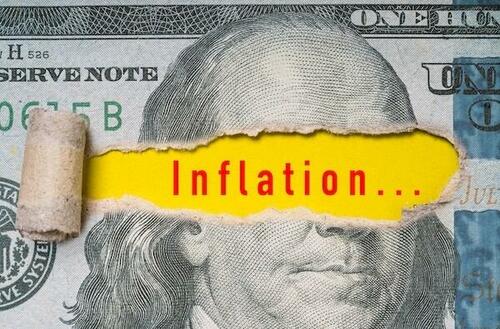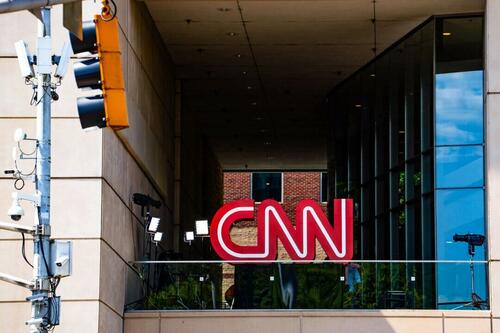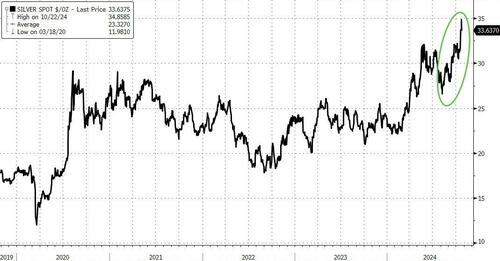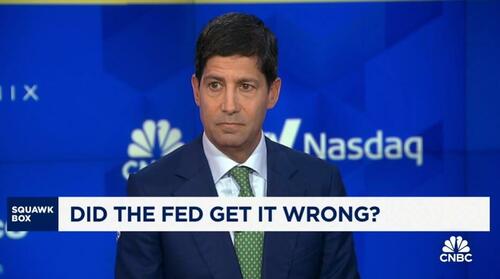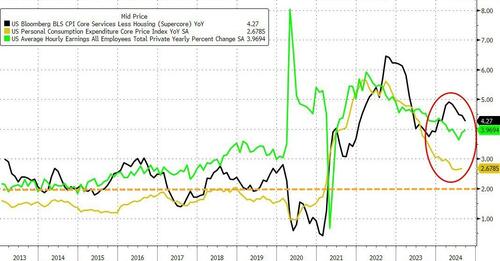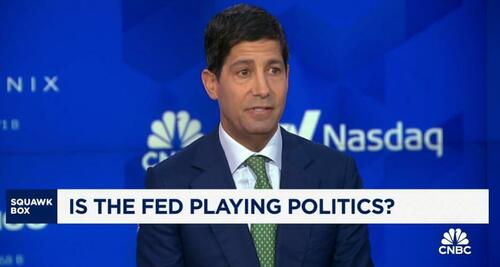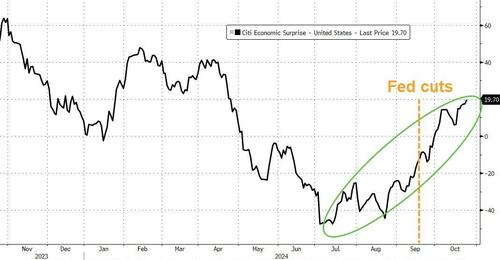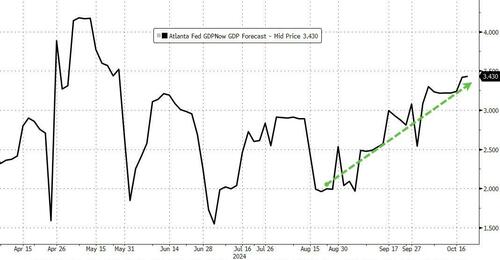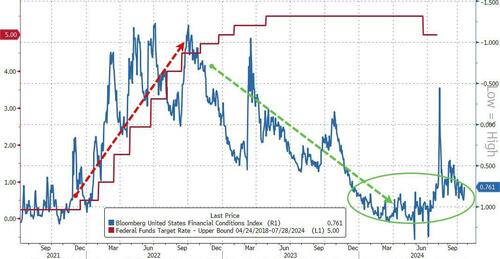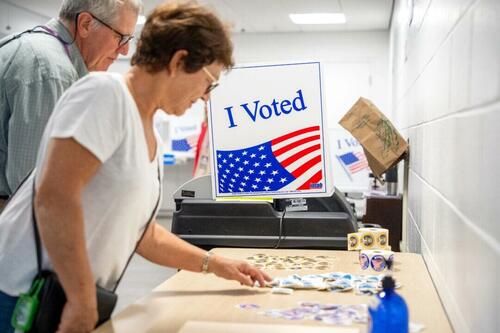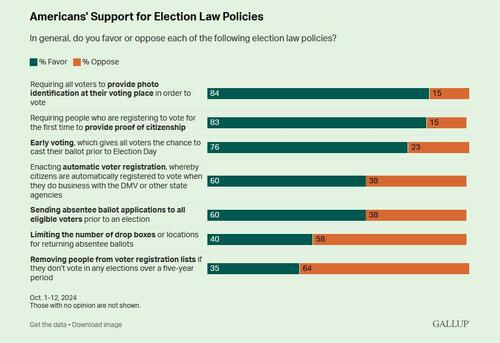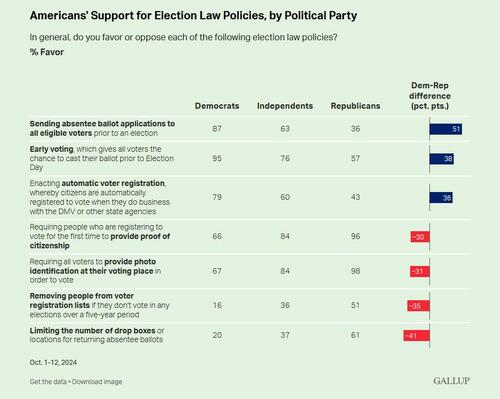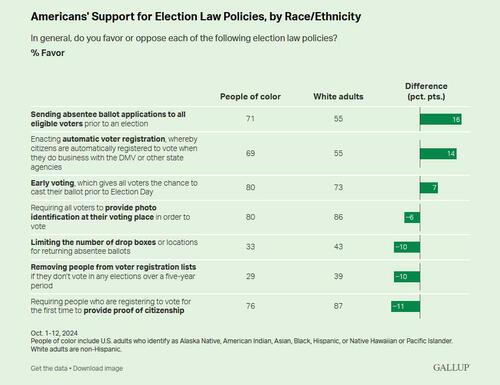US & Israeli Spy Chiefs Head To Doha To Restart Gaza Ceasefire Talks
Is the expected Israeli attack on Iran on hold until at least after the weekend? It sure looks that way…
“Mossad chief David Barnea will travel to Doha on Sunday to try to restart discussions on a deal to release Israeli hostages held in Gaza and halt the war between Israel and Palestinian terror group Hamas,” Israeli media reports Thursday.
CIA chief Bill Burns is also headed to the Gulf, where Secretary of State Antony Blinken is already holding meetings with allied Gulf officials in Doha.

Netanyahu’s office has confirmed that the Mossad chief will meet with Qatari Prime Minister Sheikh Mohammed bin Abdulrahman Al Thani, alongside the CIA’s Burns.
“At the meeting, the parties will discuss the various options for advancing the negotiations for the release of the hostages held by Hamas, against the backdrop of recent developments,” the Israeli prime minister’s office said.
On and off negotiations of the past several months made zero progress, which each side blaming the other for thwarting the potential for ceasefire in Gaza.
These new expected weekend efforts seem doomed to the same fate – the only difference being that Hamas leader in Gaza Yahya Sinwar is dead.
This raises a crucial question: who is calling the shots on the Hamas side? Speculation has landed on the man who has been the main political spokesman in the wake of Sinwar’s death in Rafah earlier this month:
The officials said that Khalil al-Hayya, Sinwar’s deputy and the group’s most senior official outside Gaza, is considered a strong candidate.
Al-Hayya, who is based in Qatar, currently leads the Hamas delegation in ceasefire talks between the group and Israel, and possesses a deep knowledge, connection and understanding of the situation in Gaza.
After Yahya Sinwar’s assassination, three terrorists are seen as potential contenders for the new leadership of Hamas:
1.Khaled Meshaal – The former leader who preceded Haniyeh. He supported the anti-Assad uprising, making it unlikely for Tehran to back him.
2.Khalil al-Hayya –… pic.twitter.com/ruCcToKoaa— Huang (@YHWHpuren) October 18, 2024
Kickstarting these new high level negotiations again could just be a political tactic by Netanyahu and Mossad, given the ongoing pressure from the hostage victims’ families to get the captives freed.
There’s also the US election, less than two weeks away, and the Biden-Harris administration perhaps needs to show some level of a diplomatic ‘win’ or at least ‘progress’ that they can put before the voting public. But amid very heavy fighting in northern Gaza, and reports of famine spreading in the south, all of this seems too little too late.
Tyler Durden
Thu, 10/24/2024 – 19:40
via ZeroHedge News https://ift.tt/jmSpNzb Tyler Durden
